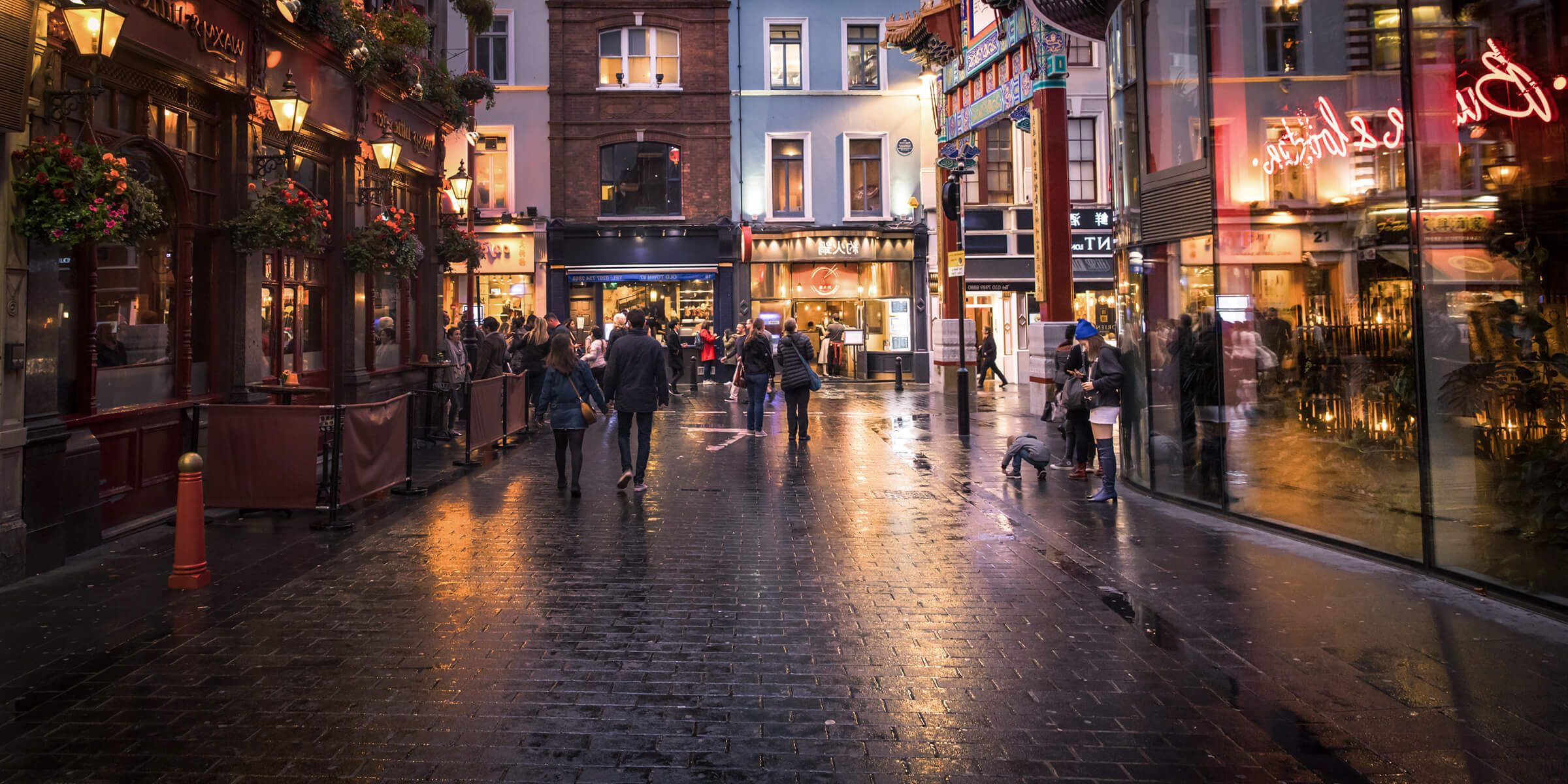

The High Street Meets the Global Highway
Carat enables omnichannel commerce in EMEA and beyond
To meet consumers where and how they want to shop, merchants have to support sales across multiple channels, devices, payment methods and borders.
For consumers, the world has become their superstore, with goods produced half a world away just as accessible as those from the local corner shop, and oftentimes just as quickly. People want what they want, when they want it, with the ability to shop, order and pay easily. Merchants from London to Lagos and Sao Paulo to Singapore are looking to tap into this trend.
Omnichannel Commerce in EMEA
Comprised of Europe, the Middle East and Africa, the EMEA region is advanced in terms of digital payments and online ordering. But in many countries people have historically favored in-person activities, including visiting shops and dining out, all of which stopped abruptly at the beginning of the COVID-19 pandemic. Digital commerce saved the day for many merchants, including restaurants and retailers that were able to pivot to online ordering and click and collect. Two years later, many countries in the region have seen restrictions come and go repeatedly.
Businesses have learned from this experience and are designing more flexible operations for the future, building out eCommerce and digital capabilities as a more permanent and prominent part of the commerce mix. Options such as buy online and pickup in store (BOPIS) and self-service are finding their place, and demand for contactless payment options remains high.
EMEA-based merchants need world-class eCommerce expertise and innovative, multichannel capabilities to compete in a digital, global marketplace.
Meeting the Challenges of Omnichannel Commerce
Supporting new commerce channels can be a monumental task for merchants. Even companies that were offering options such as online ordering or curbside pickup before the pandemic often weren't set up to accommodate large-scale channel shifts or long-term omnichannel operations.
In addition, EU law requires strict authentication and consumer protection protocols. For example, during the pandemic quick service restaurants and retailers had to update their in-app and order-ahead payment capabilities to meet PSD2 and two-factor authentication requirements.
The demand for omnichannel commerce options certainly isn't going away. While most in the region are expected to return in person to grocery stores and shops, a subset of the population will continue to buy online or through hybrid methods, motivated by their own personal concerns or convenience-related preferences.
Moreover, merchants across EMEA are looking for new revenue streams outside their own markets, with an eye on rapidly growing markets including Latin America and China, where, according to Bain & Company, spending on luxury goods is growing at a faster rate than anywhere in the world.
Now, EMEA-based merchants need to manage multiple channels for ordering, payment and delivery, for orders placed from around the corner or around the world.
Expanded Market Potential
To better meet the needs of large national and multinational companies operating at scale, Fiserv introduced Carat, an ecosystem of omnichannel commerce solutions. Carat enables scan and go, order ahead, voice command, endless aisle and connected commerce capabilities for some of the world's most-admired brands. Launched in 2020, Carat is now being used by some of the largest consumer brands in EMEA.
Carat makes dozens of products and value-added services, such as risk management, available through a single provider, so merchants can expand their global reach and enhance their customers' experience.
With Carat, merchants can quickly deploy new shopping experiences – and manage them more easily. Carat offers a menu of capabilities that merchants can easily match to their needs and global ambitions.
In one case, grocer Aldi launched click-and-collect grocery services in 10 countries in a matter of months. Local Fiserv experts helped Aldi figure out the right payments mix for its combination of in-store and online shoppers, plus legal and privacy requirements, enabling omnichannel commerce experiences through a single provider.
With Carat, merchants can break through border- and regulation-driven restraints to pursue commerce globally. Carat enables an extensive range of local payment methods under a single contract – recently enabling more than 45 local payment methods in Latin America alone – so merchants can enable customers to pay with their preferred payment type. Thus, cross-border commerce becomes faster and simpler to implement.
For example, a U.K.-based business could easily sell directly to new customers in Brazil and allow them to pay with a local payment method such as Boleto Bancário, while the payment is settled in pounds. Removing the complexity of cross-border payments and contracting enables companies to pursue boundless expansion.
Competing in a Global, Omnichannel Market
EMEA-based merchants need world-class eCommerce expertise and innovative, multichannel capabilities to compete in a digital, global marketplace. Omnichannel commerce capabilities aren't optional. Merchants in every sector need tools to help them adapt to new and changing market conditions, expand market opportunities and drive sales.
In addition, the possibility to expand and scale up at an international level is becoming a consideration for merchants who want to tap into global growth.
As an ecosystem of omnichannel commerce solutions, Carat from Fiserv helps global merchants reach consumers where – and how – they want to do business, whether it's across the street or around the globe.


Drive More Commerce
Introducing an omnichannel ecosystem for large, enterprise merchants